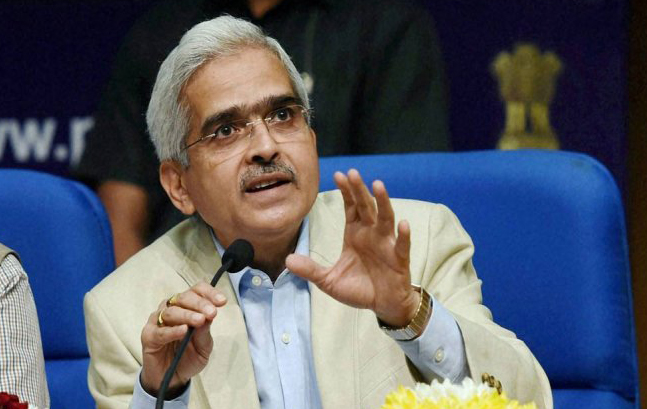The nation has been witnessing an unsavoury drama of simmering tension and absence of credible communication between the government and one of the most important institutions over the last few weeks.
Even before this, we have seen that the underbelly of a couple of other institutions being exposed, revealing unhealthy interference of the government in the discharge of their functions.
In the latest instance, everyone expected that better sense would prevail and both the government and the Reserve Bank of India (RBI) would take few steps back and resolve their differences amicably.
The outcome of the meeting of the RBI Board on November 19 raised hopes that all was well and there was no assault on the autonomy of the central bank of the country.
But the truce was short lived. Deep differences on many issues that have been discussed in public domain could apparently not be bridged.
Although Urjit Patel has cited personal reasons for his resignation as RBI Governor, it is a common knowledge that when a public servant resigns in this manner, it is invariably in protest.
It is not the first time that an RBI Governor has resigned on account of differences with the government. What is worrisome is that the last resignation was almost 30 years back. And since then, the relations between the RBI and the government had matured to an extent that the differences never led to the breaking point.
In the past, the differences were sometimes clash of egos and did not seriously undermine the institutional setup. In the other instances where there were differences, they have been sorted out.
It was not so this time. It is a well thought out assault on the independence of RBI with invocation of Section 7 of RBI Act which was never been used before.
The resignation of RBI Governor, seen in the larger context, fits into the general perception that this government is in the habit of undermining all such important institutions in the country, whose autonomy is critical for a healthy functioning democracy.
It appears that even after the Governor acceded to consider some relaxations with regard to liquidity and regulations in PSU banks resulting in some superficial truce, the government seems to have been pressing for constitution of committees of RBI on its important areas of functioning with government nominees on all such committees.
If this is true, then Governor has every reason to be miffed and to call it quits. The government had already invoked provision of Section 7 of the RBI Act earlier for consultation and this could well have been reason enough for the Governor to put in his papers.
The fact that he did wait hoping that the issue would be sorted out, is indicative of the patience of the person.
The world would see this episode through the prism of its perception that Indian polity is being pushed towards intolerance by this NDA government led by Narendra Modi ever since it has assumed office.
Unfortunately, actions of undermining institutions to make them pliable, coupled with calculated divisive agenda is not the direction that founding fathers of independent India had envisaged.
We must also see the Governor’s resignation in the context of today’s globalised economy. Reactions of international organisations like the International Monetary Fund and rating agencies like Moody’s etc, that have reiterated that autonomy of central banks is a necessary condition for financial stability, will have profound impact on investment climate in the country.
The RBI has been among the more respected central banks and any attempt on its autonomy may not be viewed positively.
Damage control
Now that the resignation is behind us, it was hoped that the damage control would be in the form of appointment of a new Governor who has is recognised for his professional and academic achievements.
However, it was not to be and with appointment of a former North Block functionary, it has reinforced the perception that the government does not want an independent-thinking RBI. This approach of the government only reinforces the popular perception and could see undermining of one more institution under this government.
While one does not question the competence of the newly appointed Governor, his selection in the backdrop of his apparent deep association with the highly controversial decisions of the government in respect of demonetisation and GST implementation raises lot of questions.
All his immediate actions as Governor would be seen in this backdrop. He does have examples of civil service persons from North Block having been appointed in the recent past who have proved to be fiercely independent as Governors, notably Y V Reddy and D Subbarao.
One only hopes that notwithstanding all the controversies, the new Governor would be inspired by his predecessors and dispel the apprehensions that all of us have on account of developments leading to his appointment.
(The writer is a former minister and former member, standing advisory committee, RBI)














































